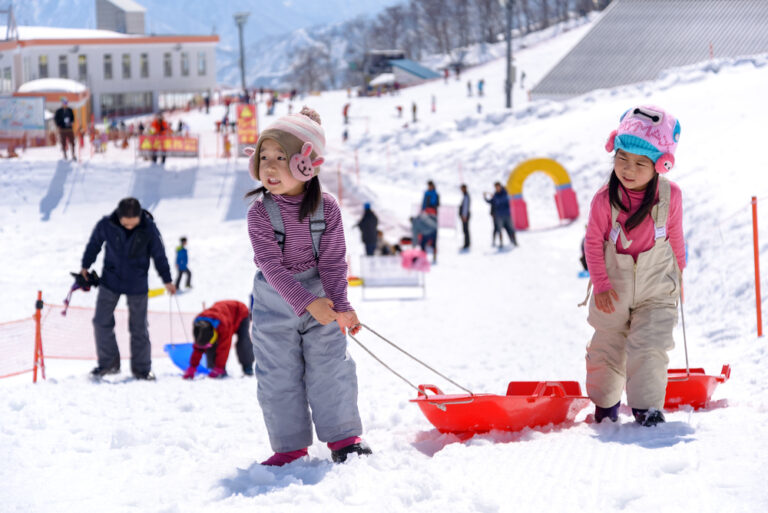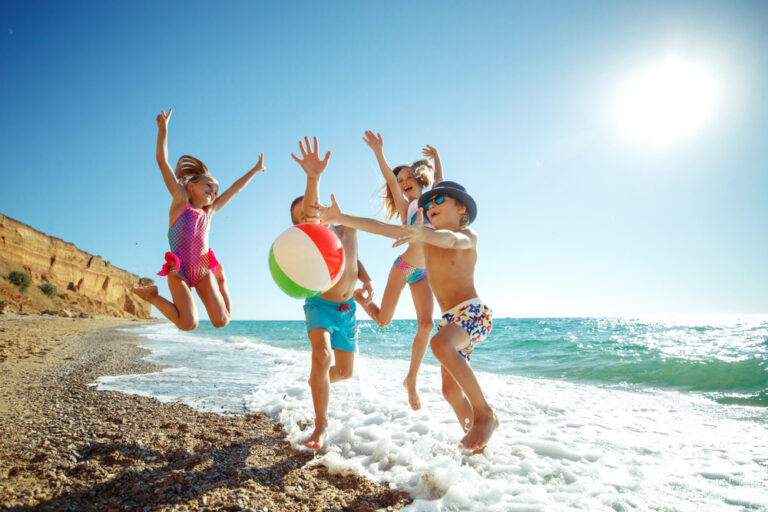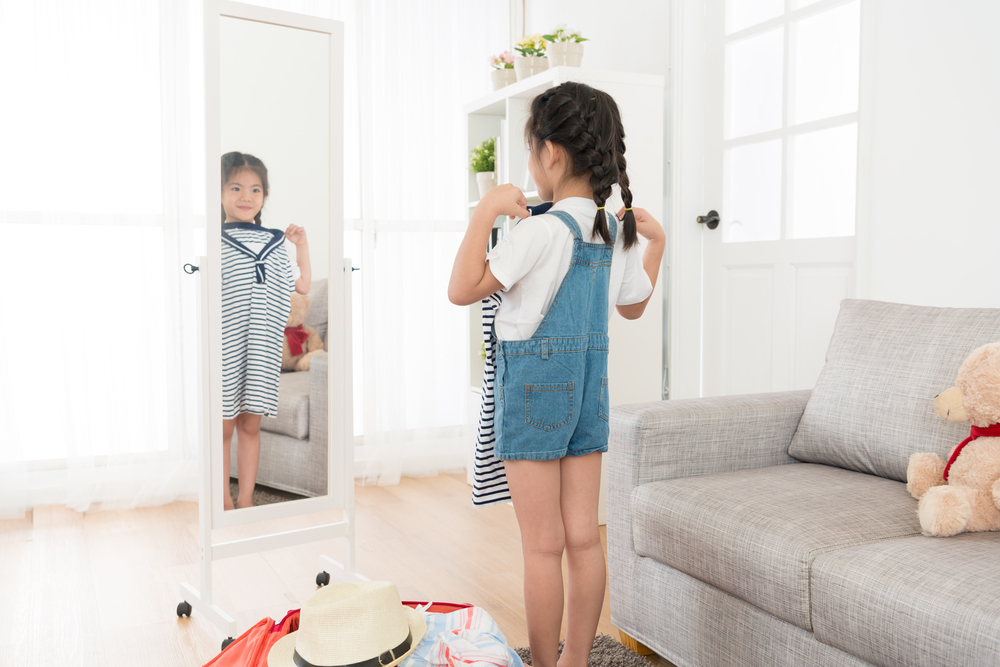
The Christmas and New Year holidays are about to begin, and some parents choose to take advantage of this long break to travel with their children. It not only allows for family bonding but also provides a chance to relax both physically and mentally. I wonder if anyone has other reasons?
Some may say that travel can broaden children’s horizons. Indeed, “traveling a thousand miles is better than reading ten thousand books.” If children have firsthand experiences, it is believed that they will have a deeper understanding of the knowledge they acquire. For example, when children learn about the “Great Wall,” visiting the actual site can give them a greater appreciation for this architectural marvel in human civilization history. When choosing a travel destination, I also consider whether it aligns with my daughter’s learning content. For instance, when she is learning about different types of animals, I might include a visit to the zoo during our travels so she can interact with various animals, which is much better than learning solely from books or television.
I value the several days spent on a trip for the main reason that during this time, my daughter and I have an extended period of time together. If you observe carefully, you will gain a deeper understanding of your child. When my daughter was younger, I paid special attention to the following aspects during our travels:
(1) How the child interacts with strangers
During the trip, children will encounter different strangers. How do they behave? Faced with unfamiliar elders, do they initiate greetings? Can they respond politely and appropriately to the elders’ questions? When encountering peers, do they take the initiative to play together? How do they handle potential conflicts? I like to observe from the sidelines and then, in the evening, share and praise my daughter’s good behavior of the day, encouraging her to improve in certain areas the next day.

(2) Child’s Self-Care Abilities
As the time during travel is more ample, and there’s no need to rush against the clock, this is an opportunity to cultivate a child’s self-care abilities. For example, I would arrange for my daughter to carry her own small travel suitcase, where she manages her personal items independently. I observe whether she can handle her personal belongings properly and whether she can pack her items neatly before leaving the hotel or heading to another attraction. When necessary, I provide timely guidance or assistance from the sidelines.

In fact, cultivating children’s character and self-care abilities does not necessarily require taking a plane for an overseas trip. What I want to emphasize is that character development cannot be confined to the theoretical level, and mere lecturing may result in counterproductive outcomes. Therefore, character cultivation should manifest through practical daily life experiences. In reality, as long as there is ample quality time, more companionship with children, and careful observation of their daily behavior, providing guidance or assistance when needed, even just going for a walk in the countryside can easily achieve the above goals.
Copyright © Lok Fu Rhenish Nursery. All Rights Reserved.